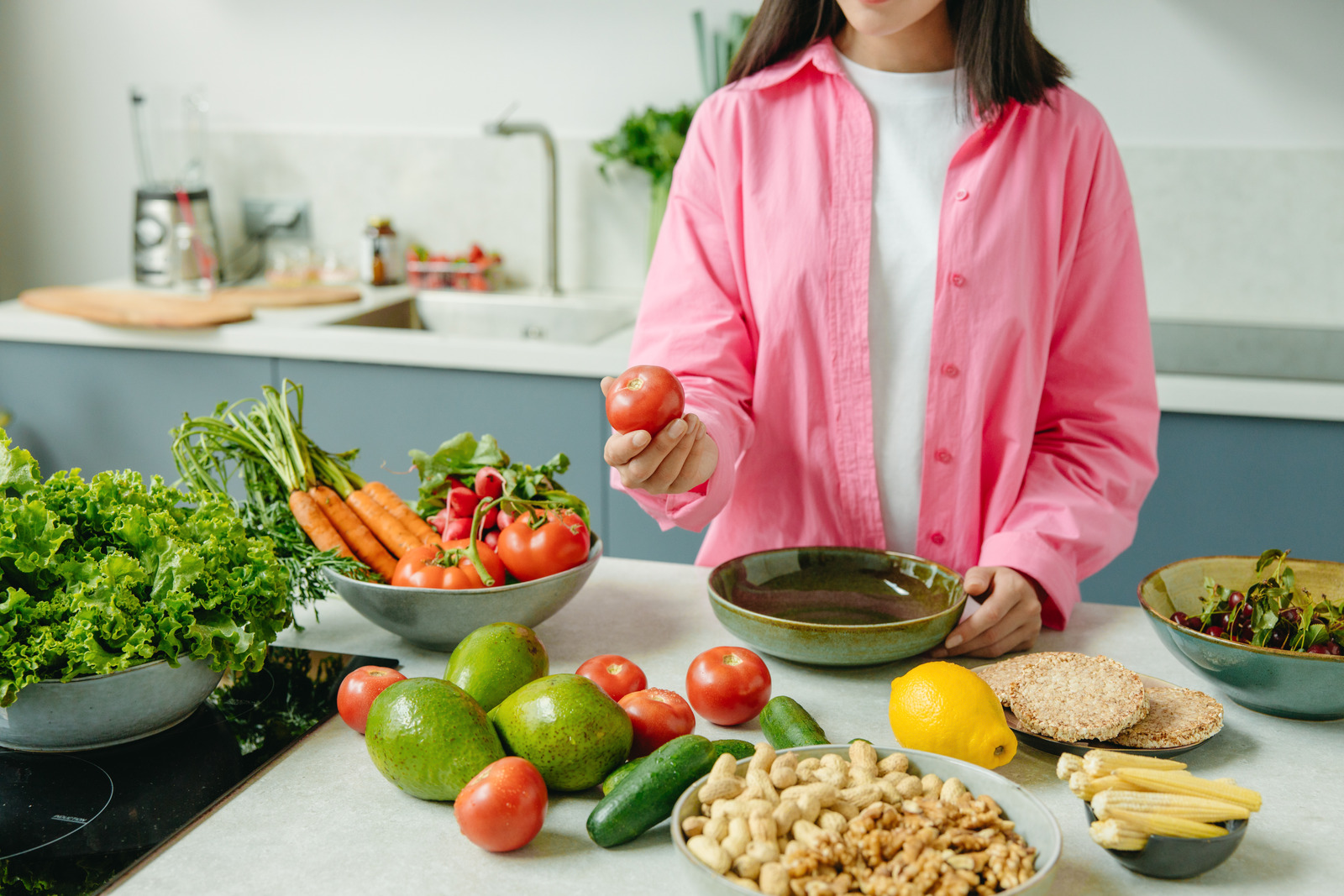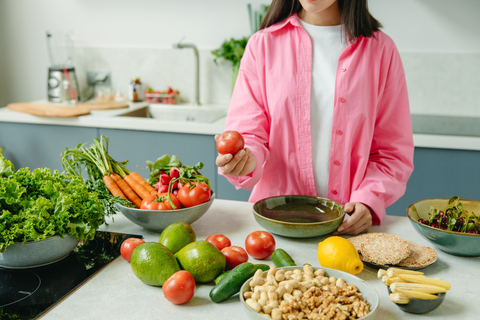
Why A Vegan Diet is All The Rage and How to Start

Over the past few years, veganism has become an increasingly popular dietary and lifestyle choice around the world. In the UK, over 68% of Brits say that they’ve either already adopted it or are planning to switch to vegan or plant-based diets. Apart from the more obvious environmental and animal welfare benefits of going vegan, some are making the transition due to personal health reasons.
On top of encouraging well-rounded wellness, veganism claims to help with weight management, which is becoming increasingly critical in the UK. Currently, close to 63% of all adults in the UK are overweight or obese. This has been found to directly influence major public health crises, with obesity credited as a huge factor in an increase in heart failure and hospitalisation rates. In comparison, veganism claims to have many benefits that improve overall wellness.
What veganism might do for the body and weight
The vegan diet is often spouted as one of the healthiest diets around, for lots of vegans, this helps manage weight and shed excess weight according to meta-analysis on veganism. Many health claims are made.
Interestingly, research suggests that vegan diets which don’t include processed foods, can still improve weight loss even if the diet has similar calorie content. Additionally, because vegan diets may to be just as large and satisfying, vegans are less likely to overindulge or under eat.
How to adopt a vegan diet in a sustainable manner
Many people are unsure about how to ensure that their new vegan diet includes well-balanced meals so that there are no vitamin or mineral gaps. Otherwise, vegans can miss out on nutrients like calcium, iron, vitamin B12, iodine, and selenium. Therefore, the first thing that aspiring vegans need to learn is how to identify vitamin- and nutrient-rich foods, examples include fortified soy, chia seeds, leafy greens, and wild berries.
That said, a significant chunk of people are still unfamiliar with how to actually put together a balanced vegan diet. As such, many vegans opt to sign up to weight loss programmes. These programmes are specially designed by expert teams, so clients can rest assured that the meal plans they are given are extremely well balanced. In the case of vegan weight loss programmes, nutritionists and dieticians ensure that each customised plan offers vital nutrients that new vegans would be otherwise hard pressed to get. And for those who are handy in the kitchen, it certainly helps to learn about homemade vegan recipes. Using ingredients sourced locally and seasonally, cooking delicious and nutritious plant-based dishes can be less daunting and more accessible.
For instance, did you know that dandelion flowers can be used to make vegan hunny that’s almost identical in taste to the real thing. Meanwhile, the buds can be salted into capers, the leaves can be used to make salads, and the roots can be dried into a caffeine-free coffee substitute. Ultimately, knowing how to make vegan dishes and substitutes yourself makes the transition smoother and more personalised.
It goes without saying that veganism isn’t for everyone. Depending on your own preferences and circumstances, there may be other diets that are much better for you. However, if you are looking for a way to reduce your meat intake, improve your wellness, and make the most of your local foraging, it’s worth exploring veganism even if it is just for a month or two.
For more on foraging, recipes, and various cookery methods, please visit the rest of the Ground Up Cookery blog here.
Posted in collaboration with Ruby Martin
